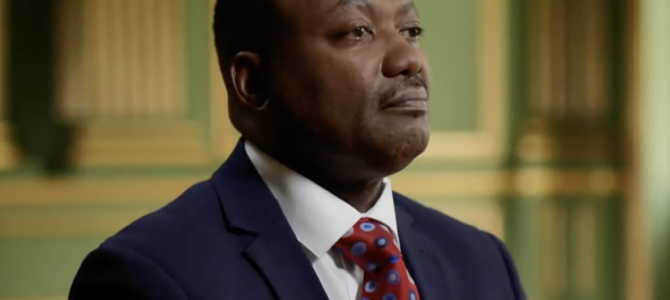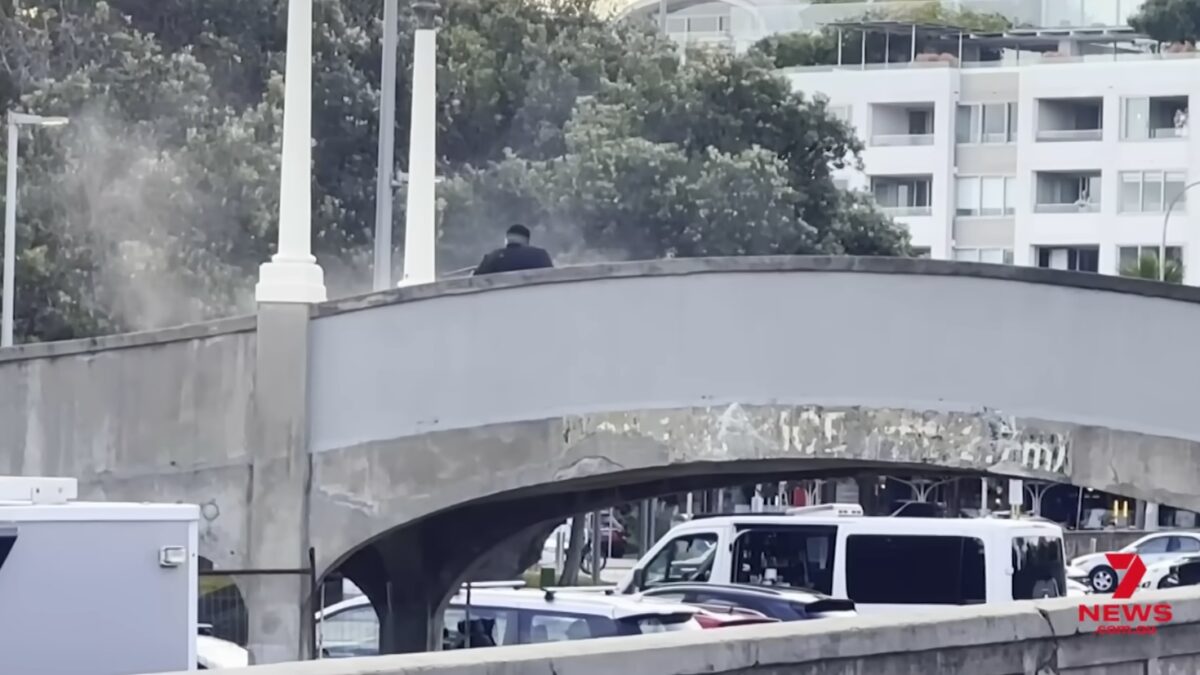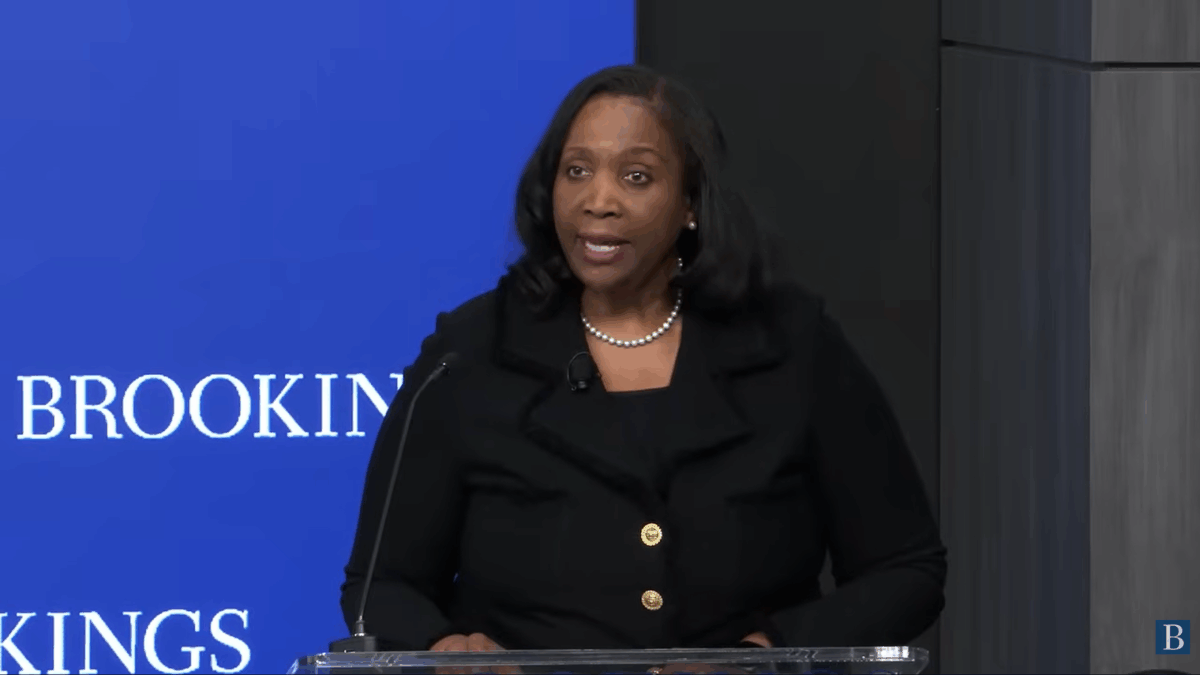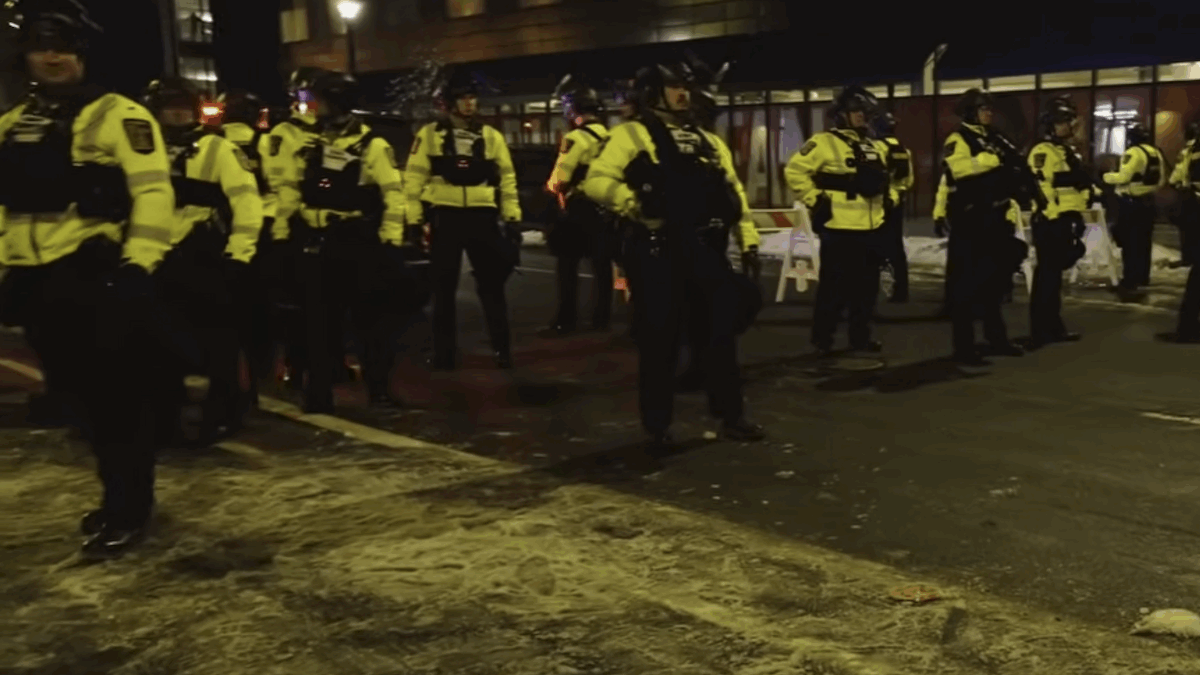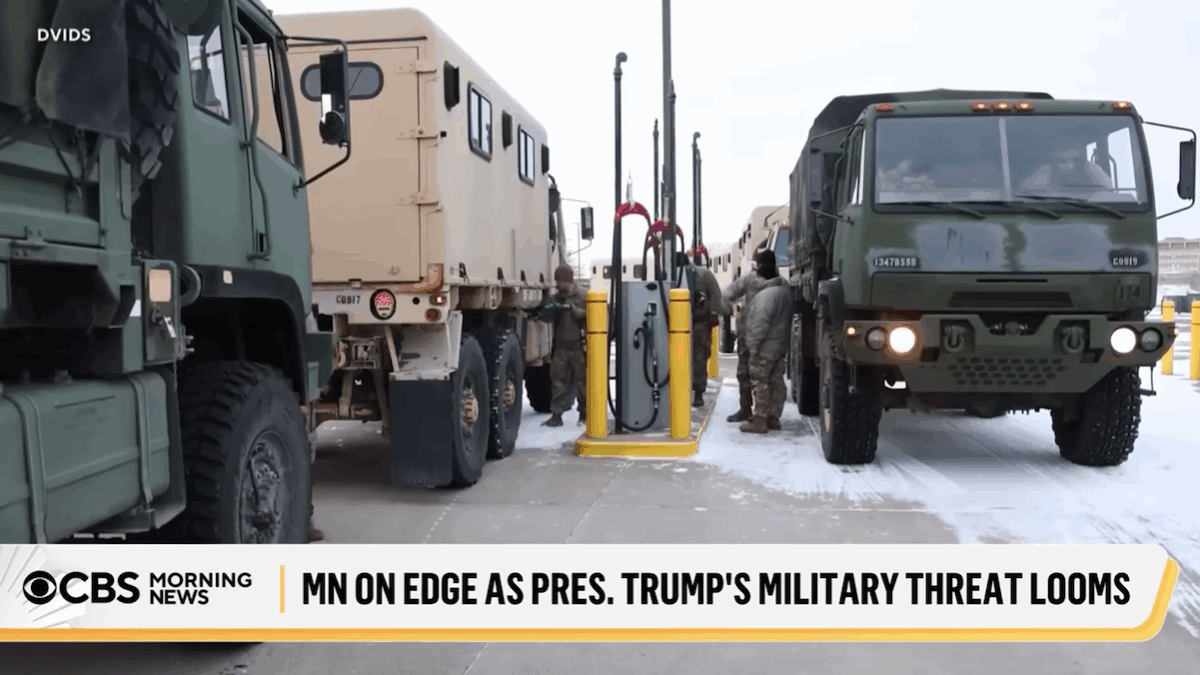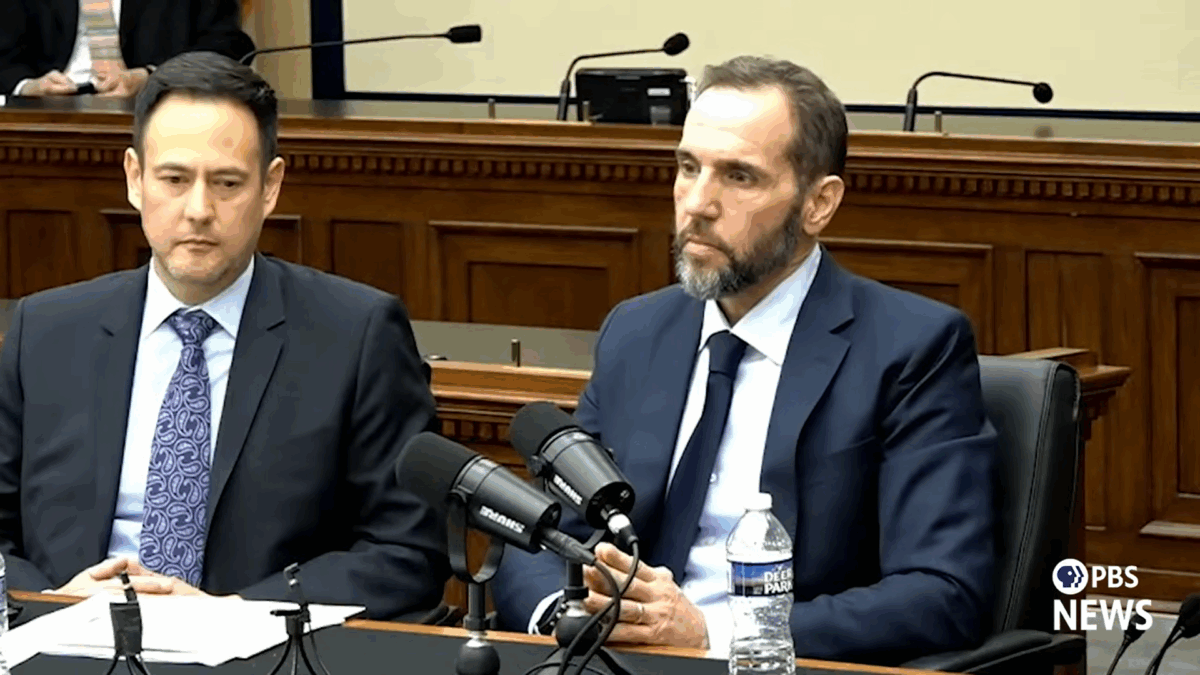Michael Byrd, the U.S. Capitol Police lieutenant who shot and killed Ashli Babbitt during the Jan. 6 Capitol riot, is the same officer who left his gun unattended in a Capitol bathroom in 2019.
Capitol Police found Byrd’s Glock 22 in a Capitol Visitor Center complex bathroom in February 2019 “during a routine security sweep.” At the time, Byrd was the Capitol Police commander of the House Chambers and was scheduled for work the next two days after the incident. The police department launched an investigation into Byrd’s negligence, but he was eventually allowed to stay on the force.
In an exclusive interview with Byrd, NBC’s Lester Holt asked the officer about the investigation and how it’s “been brought up by those who were questioning your competency.”
“Do you want to respond to that?” Holt asked.
“It was a terrible mistake. I acknowledged it. I owned up to it, accepted the responsibility. I was penalized for it and I moved on,” Byrd said before Holt cut to another topic.
In an exclusive interview with @LesterHoltNBC, Capitol Police Lieutenant Michael Byrd describes why he’s choosing to identify himself. Byrd shares his account of the January 6 riot, as officers barricaded the door and he fired a single shot, killing Ashli Babbitt. pic.twitter.com/5E7KPtxNc2
— NBC Nightly News with Lester Holt (@NBCNightlyNews) August 26, 2021
While Byrd claims he showed “utmost courage” and “saved countless lives” on Jan. 6 after taking out Babbitt, whom he said “posed a threat,” the legal team representing the late Babbitt’s family said she “was not brandishing a weapon, not in close proximity to members of Congress, and was not an imminent threat of death or serious injury to anyone.”
Byrd acknowledged that she wasn’t armed but said it didn’t change his confidence in drawing and firing his gun.
Capitol Police recently announced that it found Byrd’s actions to be lawful and unworthy of pursuing any other action against. This decision came shortly after the Department of Justice chose not to charge Byrd, who was referred to at the time as an unnamed police officer.
